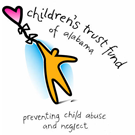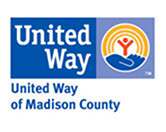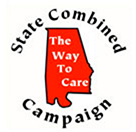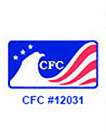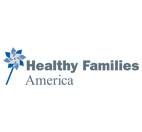Advice for Child Abuse Professionals Overwhelmed By Reports From the Border
Karen Hangartner, LMSW serves as Project Director for the Southern Regional Children’s Advocacy Center. She, like many, has been impacted by the reports from the U.S. border with Mexico. The following post offers advice to anyone overwhelmed by an urge to do something and the frustration that comes with feeling helpless.
Secondary Trauma and Family Separation
| It has been a tough couple of weeks for our country and for those of us who work with child trauma daily. My immediate, innate response has been to immerse myself in the media coverage of what has been happening on our borders. Watching newscasts has been the first thing I have done in the mornings and the last thing I do before bed. I have been angry, despondent, sad, and have felt powerless to help these children. I assume that my responses are not that much different than most CAC professionals across our country. While many Americans have also been saddened and outraged by the family separation policy, I believe child abuse professionals, in particular, are at an increased risk of being more negatively impacted. We know how wrenching it is for a child to be removed from their family. |
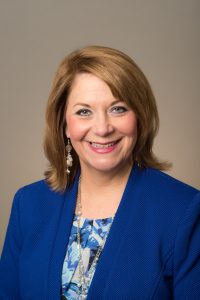 Karen Hangartner, LMSW |
We know what child trauma looks like. We know the long-term impacts. We did not have to wait to see the images that were finally released to the public to visualize what these kids have been going through. We already had those images in our heads. While the faces might be different, make no mistake, we are all too familiar with the anguish on the faces of children who are experiencing trauma.
I was reluctant to decrease my exposure to the news. How could I? These children didn’t have the privilege to reduce their trauma exposure. In fact, they are looking at days, months, possibly years of separation from their parents. And we know that these children are at increased risk of experiencing additional abuse and traumatization.
Finally, I realized that my fixation on what was happening on the borders was not having any impact other than to drain me and to affect my ability to do my work effectively. So, what can we do to protect ourselves and to support these kids? Here are a few ideas.
- Give yourself permission to limit the time you spend watching the news and checking social media. It does not mean you care any less because you are not immersing yourself in this horrific story.
- Increase your own self-care and make it a priority. Identify those things that renew and re-energize you and make time for them. Set aside any guilt associated with tending to your own needs. You cannot help any child from a place of depletion.
- Provide the opportunity for your staff to get together to discuss how they are coping with what is happening. Acknowledge and validate the feelings that professionals are wrestling with.
- Focus on what you CAN do.
a. You can call, email, write your legislators, every day if you want.
b. You can work with your state Chapter to contact state leaders and offer your services for children who might be brought into your state.
c. You can provide exceptional care for the children who come through the doors of your CAC. They deserve our very best just as the children coming across our borders deserve exceptional care.
d. You can research reputable non-profits serving these kids and make a donation to support their work. - Don’t focus on the things you cannot change or influence. It merely drains your energy and can be a barrier to what you can change and influence.
- At some point, this story will fade from the public’s memory. We can be vigilant and continue to encourage legislators and state leaders to provide appropriate care—including mental health support by professionals with trauma-focused training—for these children over the long haul.
I believe what has happened over the last week is a national critical incident. So, let’s do what we do best: support each other, share our stories, and most importantly, provide hope and healing to all children who experience trauma. I consider it a privilege to work with professionals who are so passionate about the well-being of children. After all, we are #JustTryingToHelpSomeKids.


